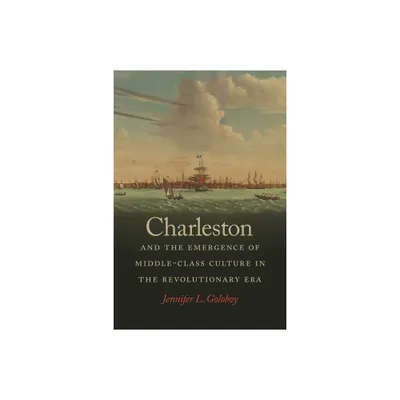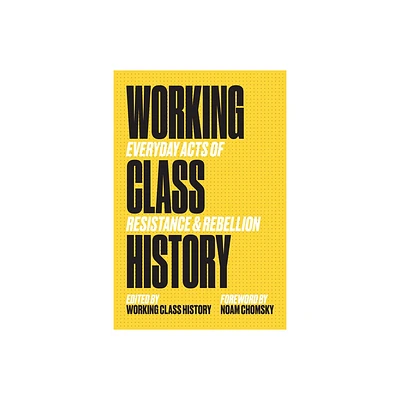Home
Bridging the Divide: Working-Class Culture a Middle-Class Society
Loading Inventory...
Barnes and Noble
Bridging the Divide: Working-Class Culture a Middle-Class Society
Current price: $46.95


Barnes and Noble
Bridging the Divide: Working-Class Culture a Middle-Class Society
Current price: $46.95
Loading Inventory...
Size: Hardcover
*Product Information may vary - to confirm product availability, pricing, and additional information please contact Barnes and Noble
In
Bridging the Divide
, Jack Metzgar attempts to determine the differences between working-class and middle-class cultures in the United States.
Drawing on a wide range of multidisciplinary sources, Metzgar writes as a now middle-class professional with a working-class upbringing, explaining the various ways the two cultures conflict and complement each other, illustrated by his own lived experiences.
Set in a historical framework that reflects on how both class cultures developed, adapted, and survived through decades of historical circumstances, Metzgar challenges professional middle-class views of both the working-class and themselves. In the end, he argues for the creation of a cross-class coalition of what he calls "standard-issue professionals" with both hard-living and settled-living working people and outlines some policies that could help promote such a unification if the two groups had a better understanding of their differences and how to use those differences to their advantage.
mixes personal stories and theoretical concepts to give us a compelling look inside the current complex position of the working-class in American culture and a view of what it could be in the future.
Bridging the Divide
, Jack Metzgar attempts to determine the differences between working-class and middle-class cultures in the United States.
Drawing on a wide range of multidisciplinary sources, Metzgar writes as a now middle-class professional with a working-class upbringing, explaining the various ways the two cultures conflict and complement each other, illustrated by his own lived experiences.
Set in a historical framework that reflects on how both class cultures developed, adapted, and survived through decades of historical circumstances, Metzgar challenges professional middle-class views of both the working-class and themselves. In the end, he argues for the creation of a cross-class coalition of what he calls "standard-issue professionals" with both hard-living and settled-living working people and outlines some policies that could help promote such a unification if the two groups had a better understanding of their differences and how to use those differences to their advantage.
mixes personal stories and theoretical concepts to give us a compelling look inside the current complex position of the working-class in American culture and a view of what it could be in the future.


















